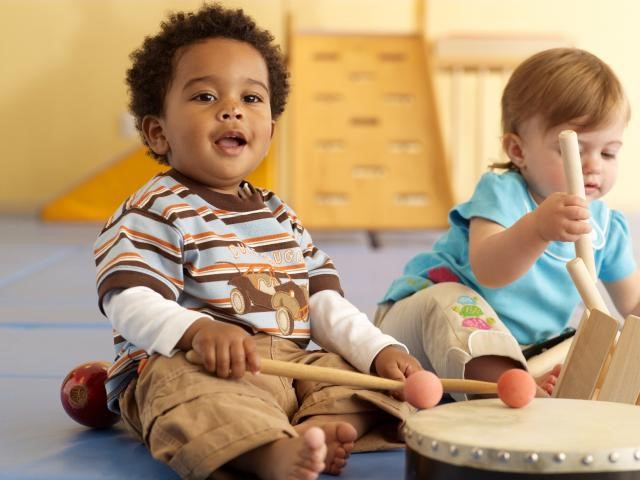
Play might seem like a waste of time but it’s actually incredibly important for learning. Play is one of the most significant ways in which children learn. It provides self-worth and self-confidence and because children become so absorbed in playing, they don’t realise that they are learning because it’s fun.
Play is vital to a child’s development and as such, is a central part of the government’s Early Years Foundation Stage. Many skills are developed through play, including language, creativity, emotions and social skills. It provides an opportunity to use imagination and foster a sense of adventure. It also develops problem-solving skills, learning to work with others and the ability to share. Here are some ways in which different ways to play benefit your child:
Outdoor sand and water play can be used as an early introduction to the concepts of science and maths. Measuring in different sized containers and talking about the different textures and properties of sand and water, for example.
Outdoor is hugely beneficial and crucial for their development. It helps children learn about their environment and gets them using their whole body. Playing outside is a chance to further develop gross and fine motor skills, offers a multi-sensory experience and can foster a lifelong love of the outdoors. Why not consider Childrens wooden climbing frames as a beautiful and fun addition to your garden? Childrens wooden climbing frames from NI Climbing Frames are a great investment.
Dough or clay activities, painting and drawing, dress-up and doll play can all foster imagination, creativity and expression of feelings.
Playing with lego, building blocks, jigsaws and shape sorting toys are great for recognising sizes, shapes, order and logic.
Exercise-based play like ball games, running, trampolining, dancing and climbing all help to develop strength, flexibility, co-ordination and balance.
Having fun singing and playing beginner tunes on musical instruments help to grow knowledge of rhythm, hearing and listening abilities.
The most important thing is not what you play with your child but that it involves fun. You can even find unusual ways of doing more normal activities. Remember that paint doesn’t have to be used with a paintbrush. Let them explore and experiment. Children use all their senses when learning – hearing, smell, touch, sight and taste.
Be sure to engage in dramatic play as this is crucial to a child’s emotional and physical development. Play helps a child to make sense of their world and they act out situations by copying what they see around them. Pretending and make-believe fosters emotional development as they learn to look at life from another’s viewpoint.
Children are naturally curious and imaginative, chatting away happily on a toy phone or driving their toy cars to the shops and parking up. Creativity and imagination are also linked to intellectual development, so let them engage in this kind of play.






